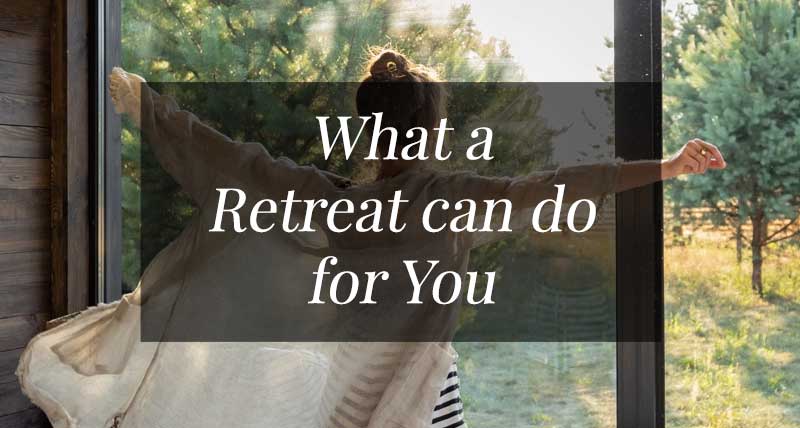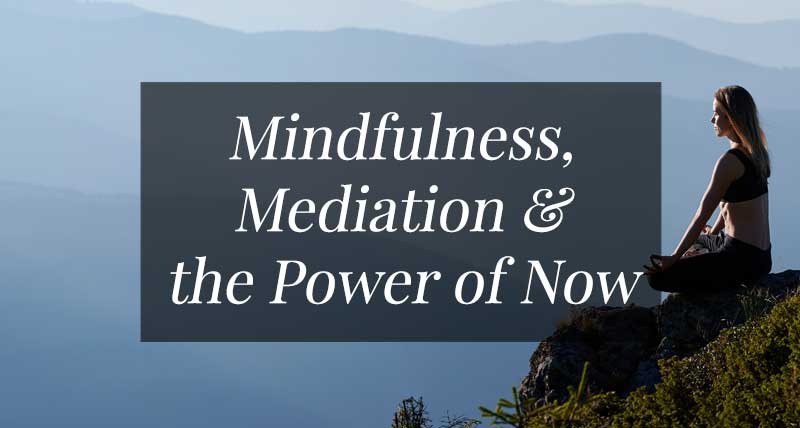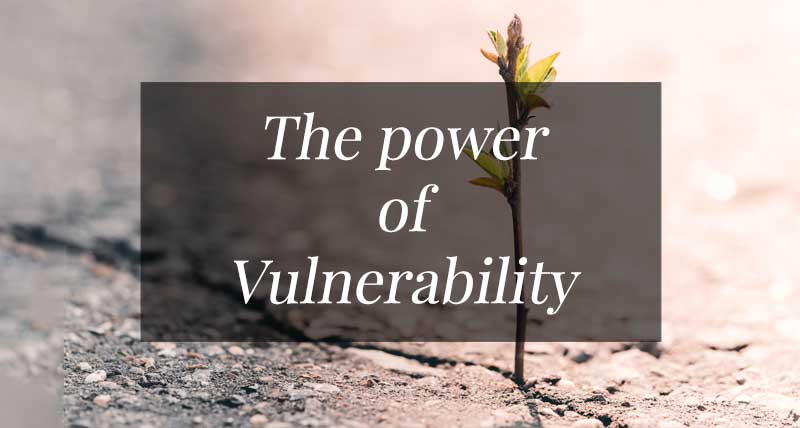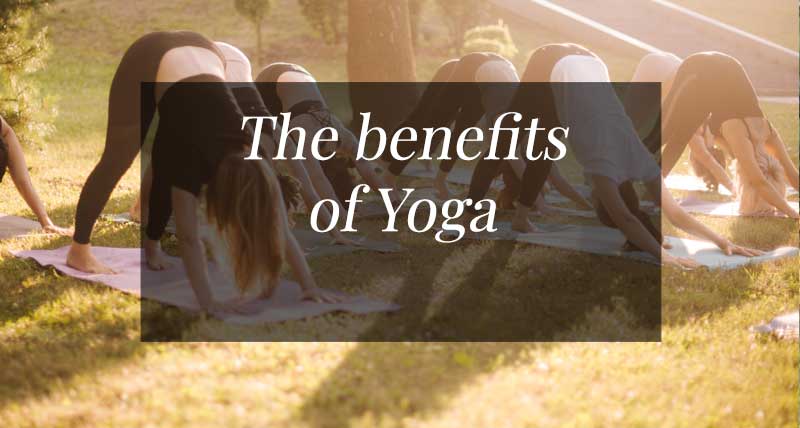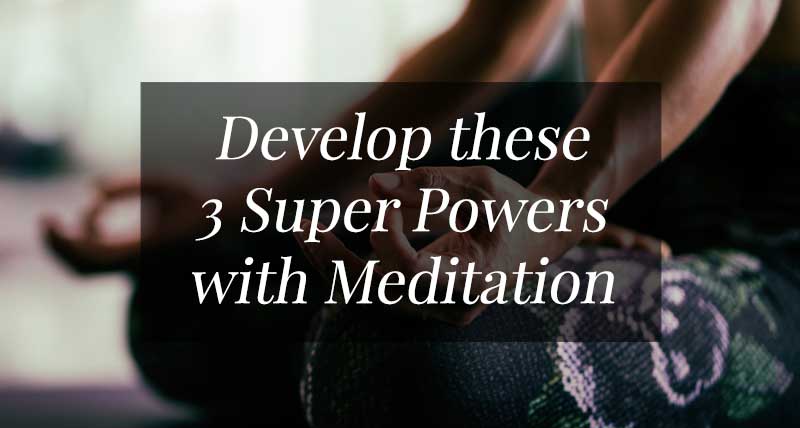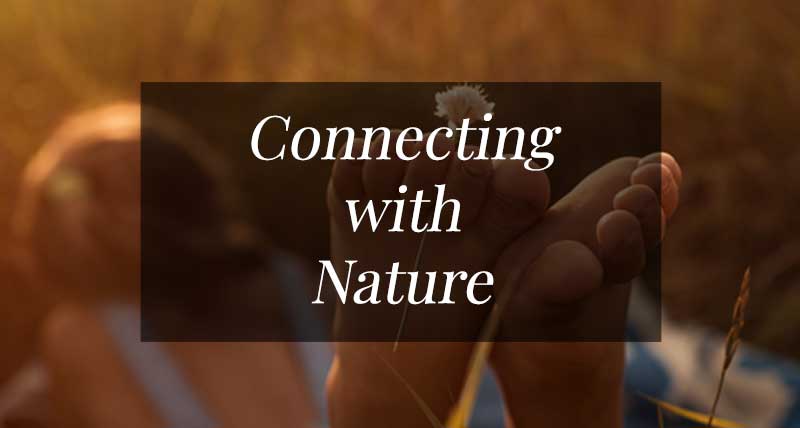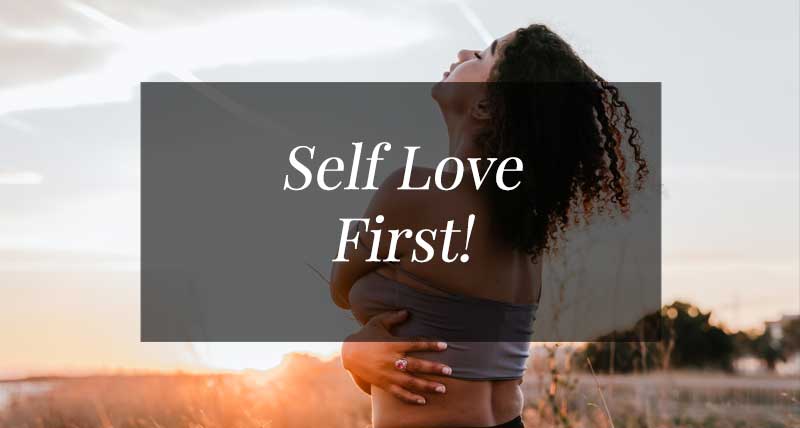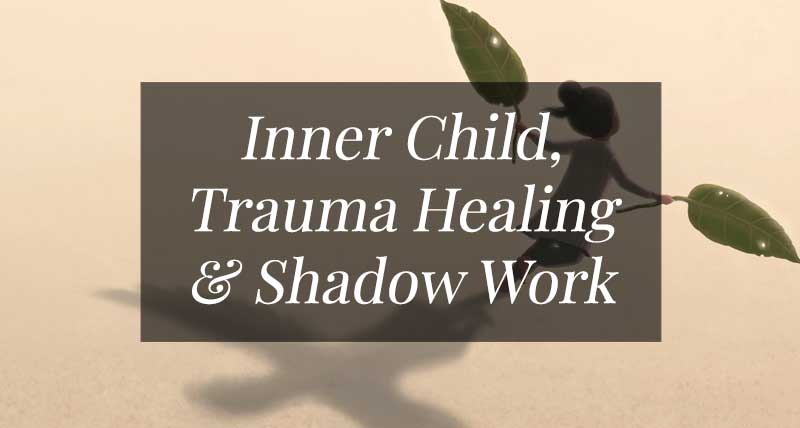Discover how embracing your whole self can transform your life.
self-love first
Self-love is a term often used these days, but what does it really mean? For many of us, self-love is not a skill we learned from a young age. In fact, we were more likely taught to be critical of ourselves than to give ourselves love. In this blog, we explore what self-love truly entails and how it can help us lead a happier and more fulfilling life.
A PROPER UPBRINGING
From a young age, we are often rewarded for good behavior and punished or criticized for mistakes. This learning process has trained us to judge ourselves based on external approval. We have learned that we are only loved and accepted when we meet certain expectations. This conditioning makes it difficult to develop unconditional self-love because we are constantly striving for perfection and external validation.
WHAT IS SELF-LOVE?
Self-love is about fully accepting who we are, including our strengths and weaknesses, successes and failures. It’s not just about embracing our positive traits but also about accepting the sides of ourselves that aren’t as pleasant or likable, so they no longer remain in the shadows. When we love ourselves, we fully accept ourselves and can make choices that genuinely make us happy because they are authentic.
ACCEPTING THE SHADOW SIDE
Our shadow side includes parts of ourselves we would rather not show (to others or ourselves), such as anger, fear, insecurity, or shame. We are often taught that these emotions are undesirable, causing us to suppress or reject them. As long as we fight against this shadow side, it remains a complex and ongoing struggle. But by accepting our shadow side, we can make peace with it and even learn to love it. These parts don’t disappear but lose the power they hold over us and the self-sabotage they cause.
HEALTHY BOUNDARIES
Self-love goes hand in hand with setting healthy boundaries. Boundaries give you the space to protect your own needs, emotions, and energy. They ensure that you don’t overstep your limits to meet others’ expectations but stay true to yourself. By (learning to) set clear boundaries, you show that you value yourself enough to prioritize your well-being. This is a powerful form of self-love that brings peace and balance to your life and relationships.
THE GREATEST OBSTACLE
A significant obstacle on the path to self-love is the conditioned ego, which stems from our upbringing and societal norms. We learn that we must be different from who we truly are to gain attention and approval.
This causes us to constantly tweak ourselves, striving for self-improvement to meet an ideal image, and condemning ourselves when we fall short or fail to achieve it.
IS SELF-LOVE THE SAME AS SELF-CARE?
No, self-love is not the same as the currently popular concept of ‘self-care,’ though self-care can be a part of it. The core of self-love lies in acceptance and authenticity toward yourself. From this place of self-acceptance, we can create the most profound changes in our lives. When we make choices from a place of self-love, they are authentic.
Self-care might involve taking good care of yourself, which can certainly be an expression of self-love, but it doesn’t encompass the entire concept. Self-love can just as easily include punching a pillow to release your anger—if that’s what you need in the moment—as soaking in a warm bath.
EMOTIONS, VULNERABILITY & SELF-COMPASSION
Self-love has a strong overlap with allowing emotions, vulnerability, and self-compassion. It means allowing ourselves to be human, with all our imperfections and emotions. Vulnerability reveals our true nature and brings us closer to ourselves and others. Self-compassion means treating ourselves with the same kindness and understanding we would offer a good friend.
SEVEN STEPS TO UNCONDITIONAL SELF LOVE
To start cultivating self-love, the following seven steps, inspired by Chopra, can be helpful:
- Be Kind to Yourself: Treat yourself with the same kindness and care as a dear friend.
- Acknowledge Your Worth: Recognize that you are valuable simply because you exist.
- Don’t Compare: Avoid constantly comparing yourself to others and appreciate your unique journey.
- Forgive Yourself: Let go of past mistakes and forgive yourself.
- Listen to Your Body: Pay attention to your body’s signals and needs.
- Practice Gratitude: Focus on what is going well in your life and be grateful.
- Meditate: Use meditation to connect with your inner self and find peace.
For a deeper experience, you can follow this online self-love meditation.
THE PATH TO TRUE ACCEPTANCE AND HAPPINESS
Self-love is essential for a happy and complete life. It requires a shift in our conditioned thoughts and embracing both our light and shadow sides. By genuinely loving ourselves, we can make authentic choices that lead to true acceptance and happiness. It’s a journey that requires patience and practice, but it’s the only path to a life full of inner peace and fulfillment.
Sources:
Deepak Chopra (2016).Seven steps to loving yourself unconditionally




